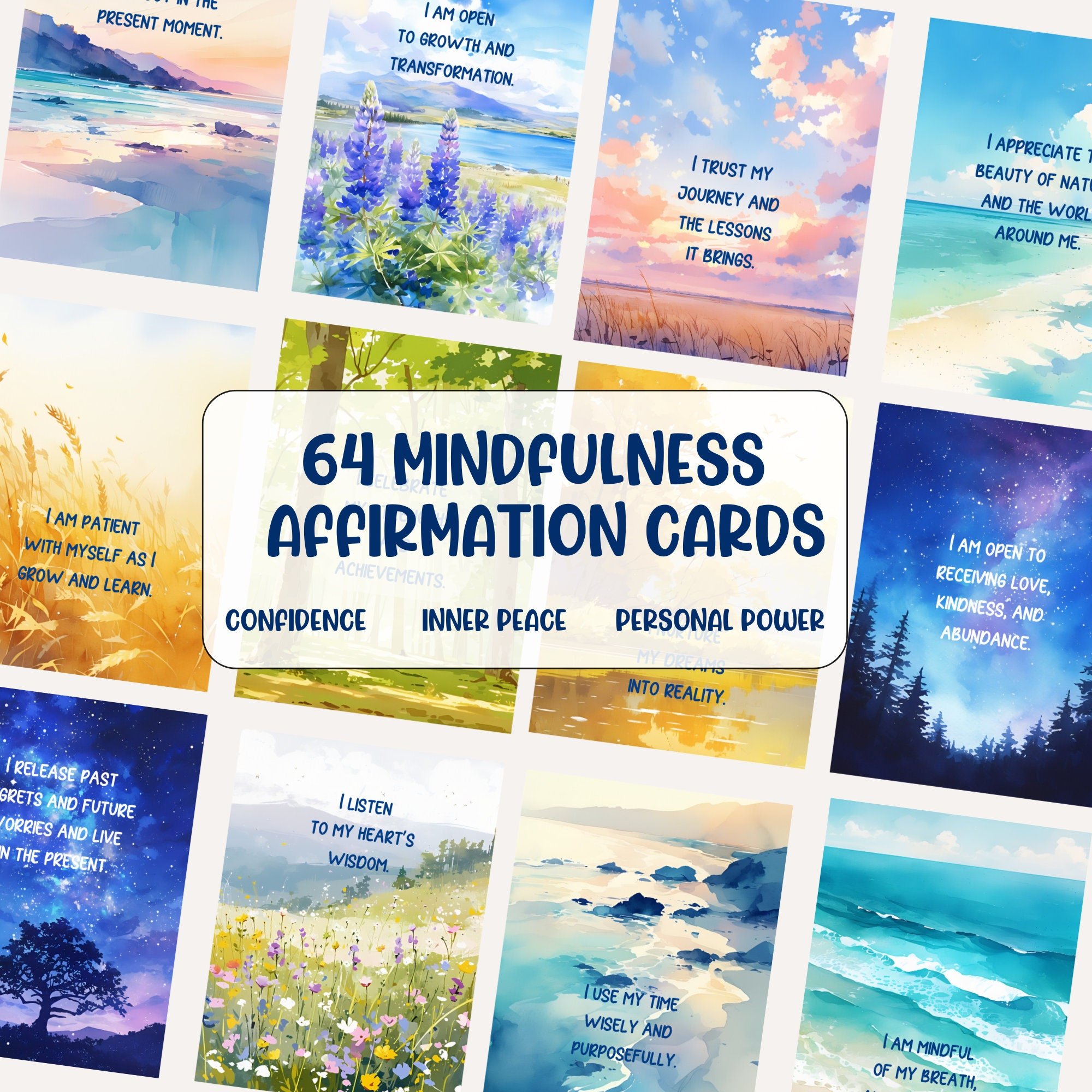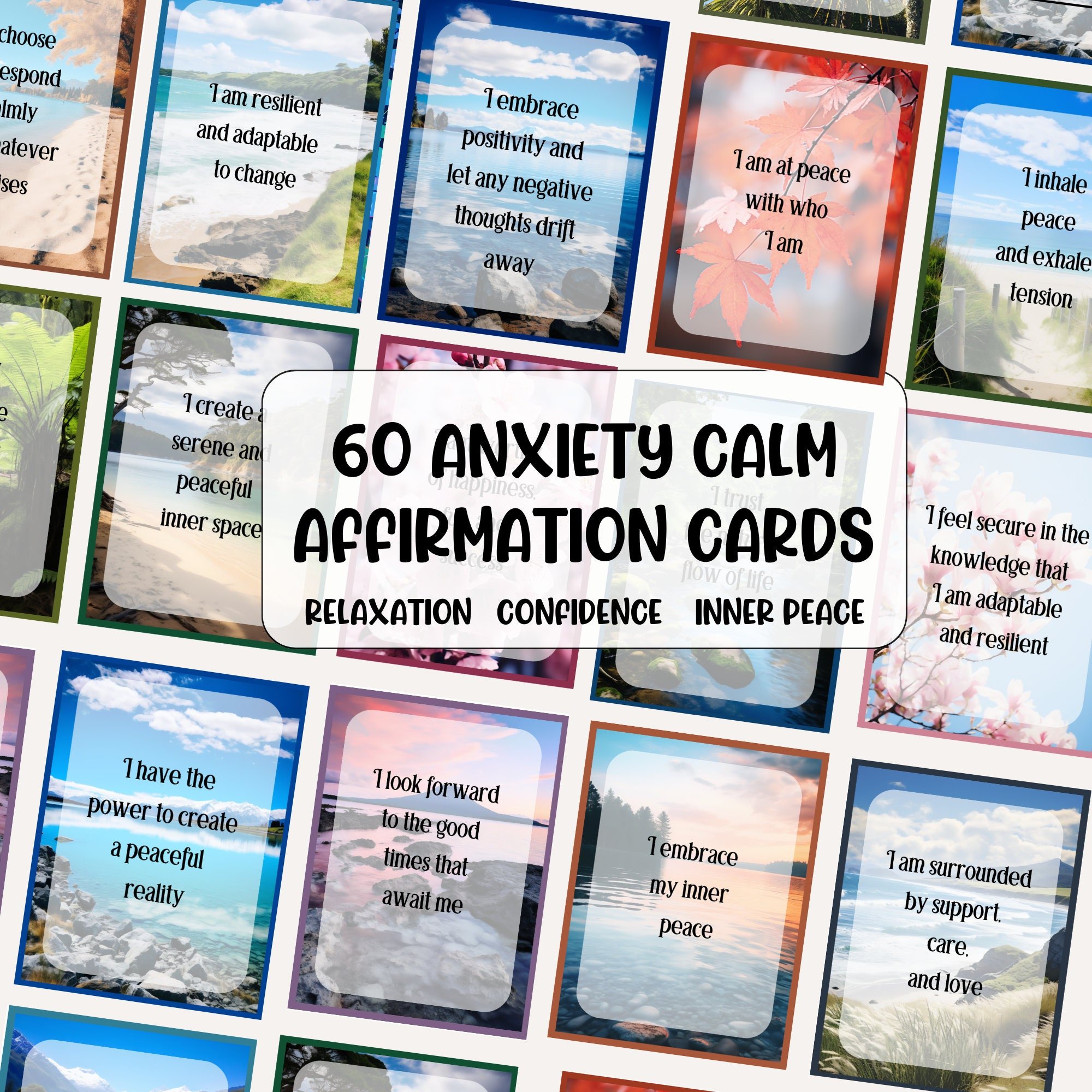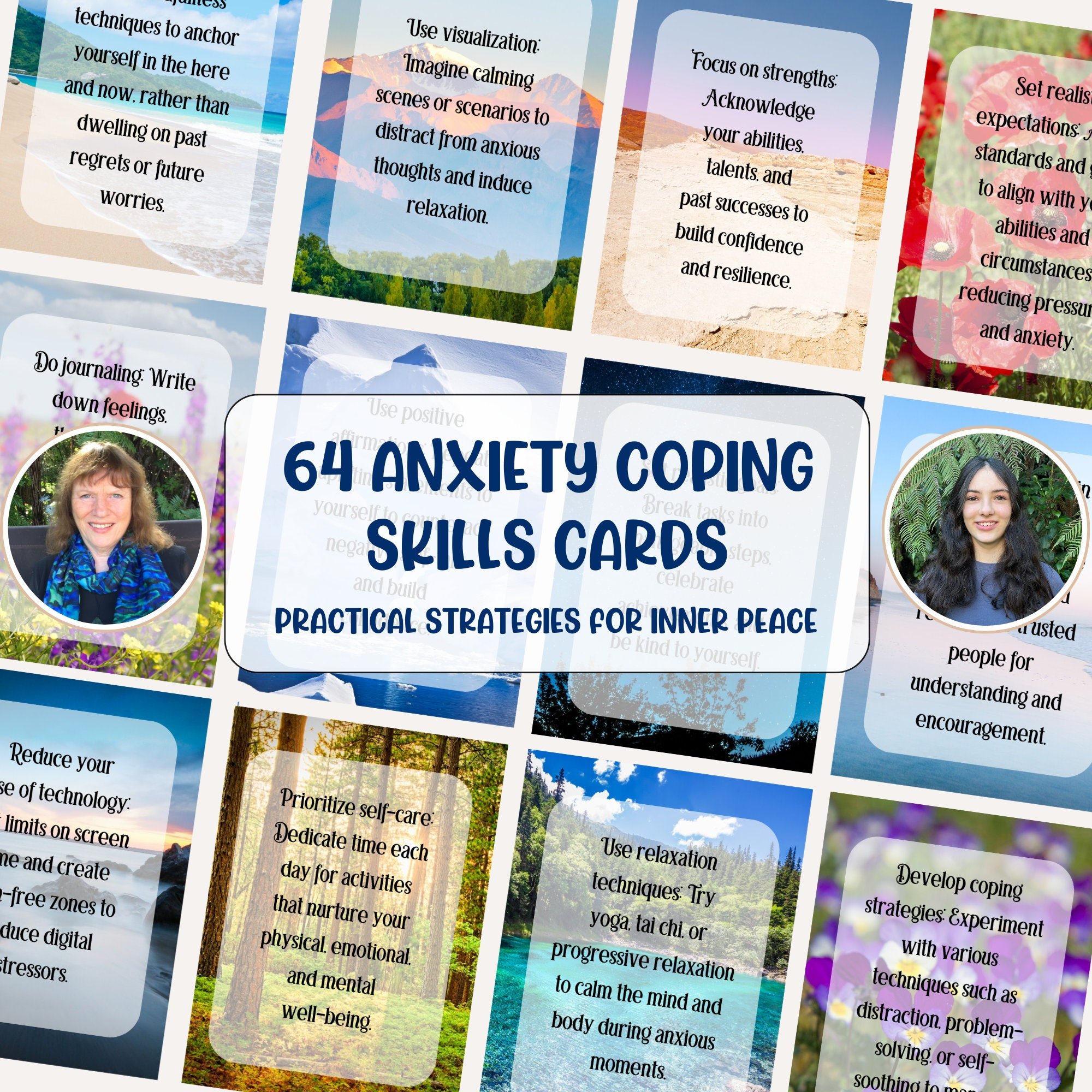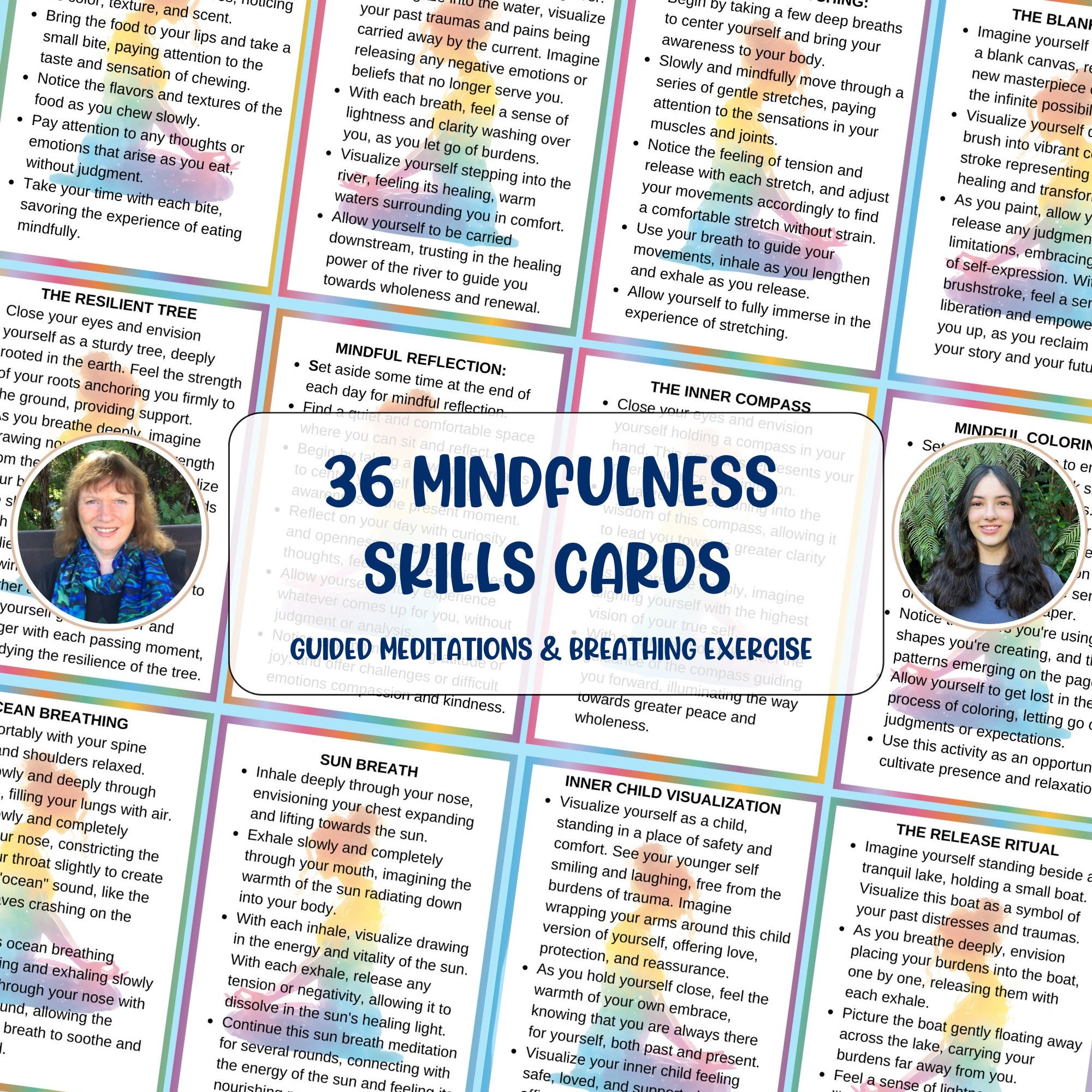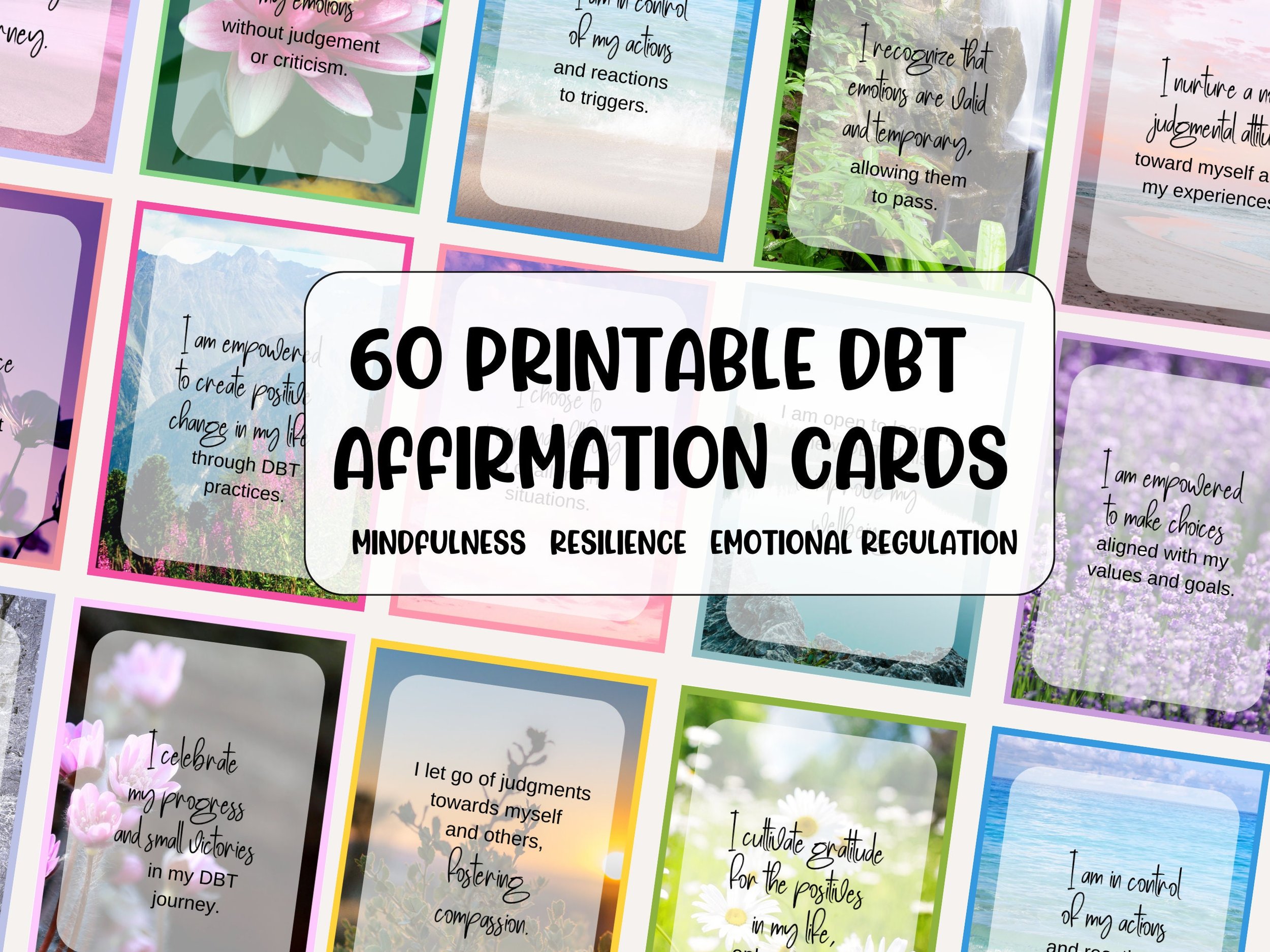Am I Dealing With Narcissism or Not?
The word “narcissist” is everywhere these days. Social media, podcasts, and even casual conversations throw it around to describe difficult people. But if you’re asking yourself, “Am I really dealing with narcissism, or is this just someone being difficult or abusive?”—you’re not alone. It’s an important distinction, especially if you’re trying to understand your relationship and how to protect yourself.
Narcissistic Personality Disorder (NPD): What It Actually Is
Narcissistic Personality Disorder is a mental health diagnosis defined in the DSM-5. To meet the criteria, a person must show a persistent pattern of behaviors such as:
An inflated sense of self-importance
A constant need for admiration
A lack of empathy for others
Entitlement or exploitation in relationships
Envy, arrogance, or a tendency to belittle others
It’s important to remember that only a qualified professional can diagnose NPD. And not everyone who acts selfish, arrogant, or manipulative has NPD. It’s a complex personality structure that develops over time, often rooted in childhood wounds.
Abusive Behavior: The Impact Matters More Than the Label
Someone does not need a diagnosis of NPD to be abusive. Abuse is about patterns of behavior that harm, control, or undermine another person. This can include:
Gaslighting (denying or distorting your reality)
Blame-shifting
Verbal put-downs disguised as jokes
Silent treatment or emotional withdrawal as punishment
Controlling finances, decisions, or social connections
These behaviors are abusive whether or not the person has NPD. What matters most is not the label, but how their behavior impacts your emotional, mental, and physical wellbeing.
The Gray Area: When Traits Overlap
It’s possible for someone to display narcissistic traits without having full-blown NPD. Traits like selfishness, arrogance, or lack of empathy can still cause harm—even if they don’t meet diagnostic thresholds. For example, a partner might refuse to take responsibility for mistakes or constantly put their own needs first. Whether that comes from personality disorder, immaturity, or entitlement, the effect on you may still feel the same: draining, confusing, and painful.
Why the Distinction Matters (and Why It Doesn’t)
On one hand, understanding whether someone has NPD can help explain their behavior and clarify that it isn’t your fault. On the other hand, focusing too much on labels can be a distraction. Even if they don’t “qualify” for a diagnosis, if their actions are consistently disrespectful, controlling, or dismissive, you’re still experiencing abuse.
Put simply:
Diagnosis matters in a clinical sense.
Impact matters in your life.
Signs You May Be Caught in an Abusive Dynamic
Regardless of labels, ask yourself:
Do I often feel confused, blamed, or “not good enough”?
Am I walking on eggshells to avoid upsetting this person?
Do I doubt my own memory or feelings after arguments?
Do I feel smaller, drained, or diminished after spending time with them?
If you answered yes to several of these, it suggests the relationship is unhealthy—even if the person doesn’t have NPD.
Final Thought
You don’t need a diagnosis to justify your feelings. If someone’s behavior is eroding your confidence, keeping you anxious, or leaving you second-guessing yourself, that’s enough reason to take it seriously. Whether you’re dealing with NPD or simply abusive patterns, the most important step is the same: protecting your boundaries, prioritizing your wellbeing, and remembering that you are worthy of respect and kindness.
If you’re navigating the confusion of dealing with narcissism or emotional abuse, having supportive tools can make all the difference. Our Narcissistic Abuse Recovery Writing Prompt Journal are designed to help you sort through tangled feelings, rebuild trust in your own voice, and gently process what you’ve experienced. Alongside this, our Dealing with Narcissism Strategy Cards offer clear, practical steps you can turn to in the moment—reminders that keep you grounded, focused, and empowered. Together, these resources can guide you back to clarity and strength as you take steps toward healing.



